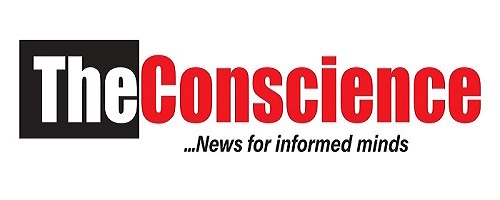
TinCan Customs Clarifies Claims by US Returnee over ₦76 million Charges
The Tincan Island Port Command of the Nigeria Customs Service has rejected claims made by Mr. Olukayode David-Albert, a 70-year-old US returnee.
Mr. David-Albert recently alleged that he was being asked to pay ₦76 million to clear his two vehicles and personal belongings, a statement that has raised eyebrows and sparked discussions online.
According to the Customs Command, the allegations were unfounded and inaccurate. The Command explained that under the ECOWAS Common External Tariff (CET) for 2022–2026, Nigerian citizens returning from abroad may import personal belongings duty-free, provided they have resided outside Nigeria for at least nine months. However, this exemption does not extend to vehicles or goods meant for sale, barter, or exchange.
In a statement on Tuesday, signed by Ngozi Okwara, a Superintendent of Customs and Public Relations Officer for the Command, it was clarified that while Mr. David-Albert could bring in his personal items without incurring duties, his two vehicles do not qualify for this exemption.

“The luxurious 2024 Hyundai SUV, for instance, incurs an import duty rate of 20%, alongside a levy of 20% and a Value Added Tax (VAT) of 7.5%. The total duty value for both vehicles was assessed at ₦34,969,374.00, a figure considerably lower than the ₦53.5 million he claimed as a “compromise” amount.”
The Command also expressed disappointment over Mr. David-Albert’s decision to publicize these unsubstantiated claims instead of adhering to the established customs procedures.
It emphasized that no officer from the Tincan Island Port Command had demanded the alleged ₦76 million and invited Mr. David-Albert to present any evidence of misconduct to facilitate appropriate action against the responsible officer, if applicable.
Furthermore, the Tincan Island Port Command restated its commitment to facilitating the clearance of legitimate goods while ensuring compliance with customs regulations and underscored that similar regulations exist in advanced countries, where attempts to bypass due processes are not tolerated.

























